
The wise sees calamity and hides.
This verse was cited by Rabbi Menachem Mendel Horodoker, writing from Tiberias in the aftermath of an epidemic in 1786. Nine years earlier, this Rebbe, leader of the third generation of Chasidim, led a group of 300 olim to the Holy Land, and eventually settled in Tiberias.
In a fascinating and moving letter, he describes how he and his compatriots survived an epidemic that ravaged the area. Both in the timing of the events, which “lasted from the days of Purim until the beginning of Iyar,” and the experience it describes, the narrative resonates for us more than two hundred years later.
He cites another biblical verse from Isaiah as the recommended protocol during a pandemic: Come, my people, enter into your chambers, and shut your doors about you; hide yourself for a brief moment, until the anger passes. Those who sequestered themselves in their courtyards, he writes, survived for the most part, while “the plague eventually caught up with those who fled because the plague was in the people like a consuming flame. Many lives were lost in just a few days, from the Sefardic and Ashkenazic communities alike.”
He attributes his survival to his decision to shelter-in-place and to G-d’s wonders. “Miraculously, by G-d’s wonders, we were saved from harm and provided with all our needs during the quarantine. In the streets one could only see people who are empty and reckless. Our friends who live in Peki’in (approximately 40km from Tiberias) fled to the mountains and sequestered themselves in the caves. They managed to save their lives. Their homes, however, they lost to looters.”
For this deeply pious Rebbe, author of the profound and mystical work Pri Ha’aretz, there was no tension between absolute faith in G-d and prudent behavior during a pandemic. He was following thousands of years of Torah tradition, which tells us “break one Shabbat (to save a life) so that you will be able to celebrate many more in the future.” The Talmud devotes considerable space to dispel the notion that religious practice should lead us to ignore medical advice.
Don’t Tell Me I Can’t Fast
I’m reminded of the story told by Rabbi Manis Friedman, who was once approached by a Jew from Russia, a few days before Yom Kippur. “Rabbi,” said the stranger, “my doctor told me I should not fast this Yom Kippur, but I’m not going to listen to him. I fasted every Yom Kippur for the past 60 years, and I’ll do the same this year!”
Rabbi Friedman patiently explained to him that according to Jewish law one is required to listen to the doctor. (The rabbi may have cited the story of Rabbi Yisrael of Salant, Lithuania, who during a cholera outbreak in 1848, got up in front of the synagogue on Yom Kippur and ate in front of the whole congregation, since fasting could make one more vulnerable.)
Still, the man would not relent: “Let me tell you what happened to me when I was in the Russian army. One Yom Kippur, at the end of fasting the whole day, I was about to break my fast when I found out that I had fasted one day early, and in fact Yom Kippur was beginning!”
“So what did you do?”
“What did I do? I kept right on fasting for a second day straight. And now I should eat on Yom Kippur because of some doctor?”
Rabbi Friedman in his wisdom saw his opportunity: “My dear friend, don’t you see? G-d arranged for you to fast twice in your youth so you wouldn’t have to fast this year.”
There is no basis in Judaism for saying: “I trust in G-d and therefore I can ignore medical advice.”
There is no basis in Judaism for saying: “I trust in G-d and therefore I can ignore medical advice.” To the contrary, the same G-d who tells us to fast on Yom Kippur, or go to the synagogue, tells us that to protect our health, we are required to eat on Yom Kippur, or stay away from the synagogue.
The Problematic Pail
I’m reminded of another story about two contemporaries of the aforementioned Rabbi Menachem Mendel: the famed Chasidic masters Rabbi Elimelech of Lizensk and his brother Rabbi Zushe of Anipoli. These two humble mystics once found themselves imprisoned one night through no fault of their own. In the morning, Rabbi Zushe wanted to pray with his tefillin but couldn’t do so because of a certain pail that was provided as the cell’s bathroom. He gently asked the warden to remove it so that he could pray in a clean room but was laughed off. He began to cry. His brother said to him, “Zushe! The same G-d who commands us to don Tefillin each day, commands us not to don Tefillin in this situation. So why the long face? Every other day you fulfill the divine will by donning Tefillin; today you’ll do so by not donning Tefillin.”
“You have a point,” said Reb Zushe. As his brother’s perspective sunk in, Reb Zushe was filled with incredible joy and started to dance. When the other prisoners saw him dancing, they joined in. Suddenly the cell was hopping, drawing the attention of the head warden, who asked the warden to explain what was going on. “I don’t know,” said the confused warden, “but I think it has something to do with that pail.” The impatient boss yelled at his underling, “So take it out!”
***
We are living in unprecedented times. For the first time in history we are shutting everything down, not to save our lives necessarily, but to save those most vulnerable and to protect our medical establishment.
If we travel back a few thousand years, it’s hard to imagine that societies that practiced infanticide and gladiator sports, would take the precautions we are taking today to protect the vulnerable.
We cannot know the Divine reason for these things and it would be foolish for anyone to say they know why they happen. But we can reflect on what messages we might derive from them. One obvious message is that it has enabled us to see how far we’ve come. The sanctity of every life, an idea that Judaism taught thousands of years ago, is now a given throughout most of the world.
Perhaps it is also a correction on our hubris, our belief that we are gods, that we are in total control. Or maybe we are getting a big “Slow Down” sign, and if you have kids at home, maybe it says “Children at Play”–spend some time with them. Stop running from here to there. Sit with yourself a bit. Stop distracting yourself.
And as bad as this is, let’s remember that we’ve survived and rebuilt after worse. We will survive and rebuild after this one, hopefully in a world that is cleaner, physically and spiritually.
Yet with all the silver linings, there have been too many deaths, too many taken ill, too many suffering from the isolation.
Let’s support our medical professionals, who are selflessly putting their lives on the line. Let’s do what we can for those working on the medical front to put an end to this pandemic. Until then, let us be wise and remain hidden. May it be only for a brief moment.
Rabbi Yossi Marcus is the editor of commentaries on the Haggadah, Ethics of the Fathers, Megillat Esther, and Psalms. Together with wife Esty Marcus, he directs Chabad of the North Peninsula.







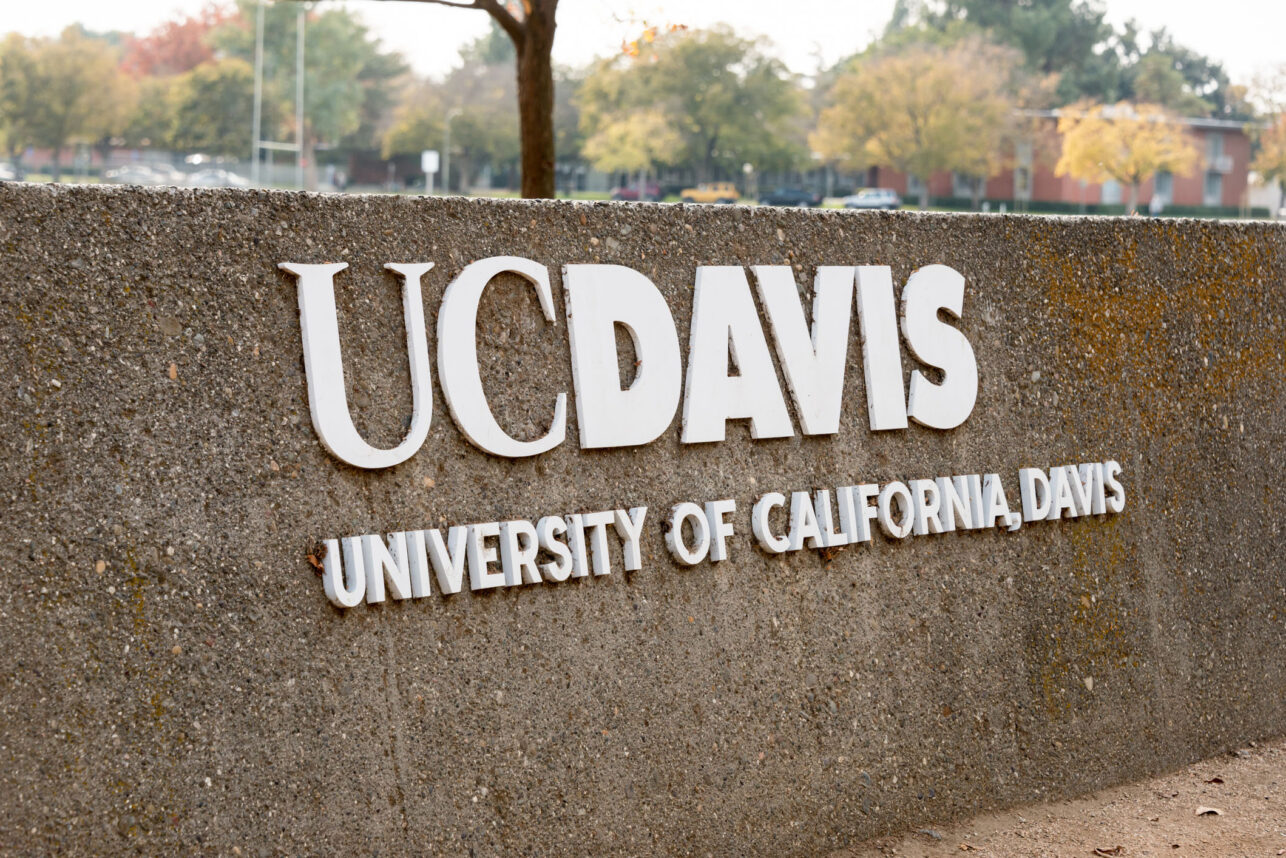
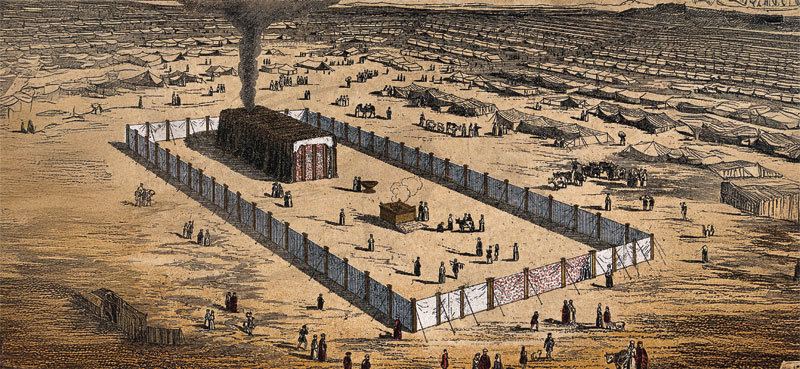



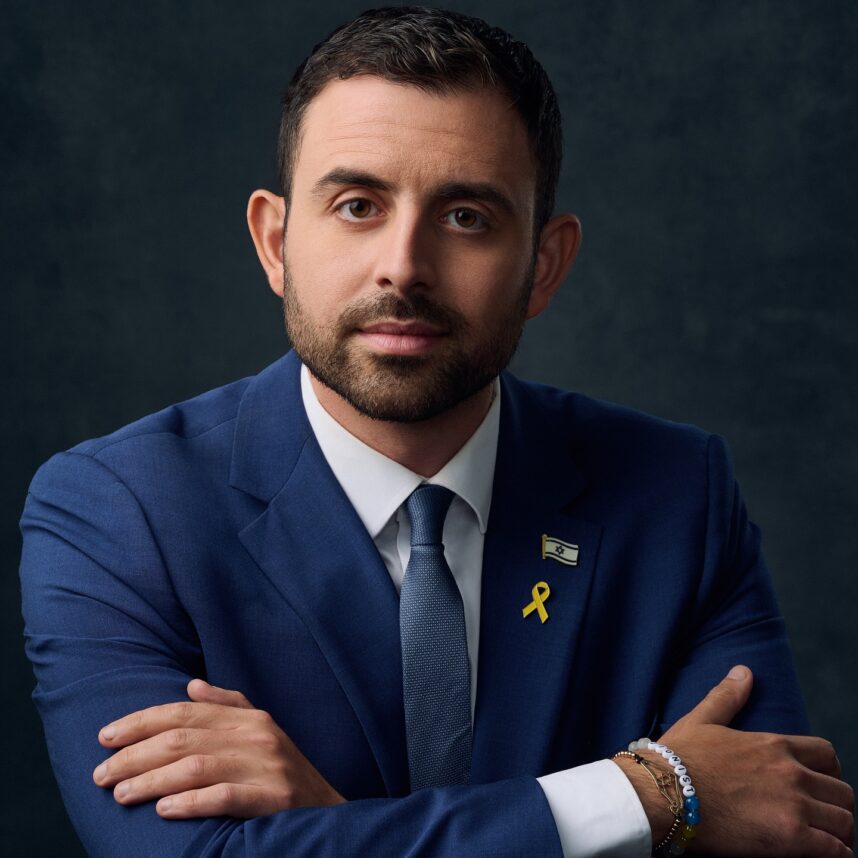
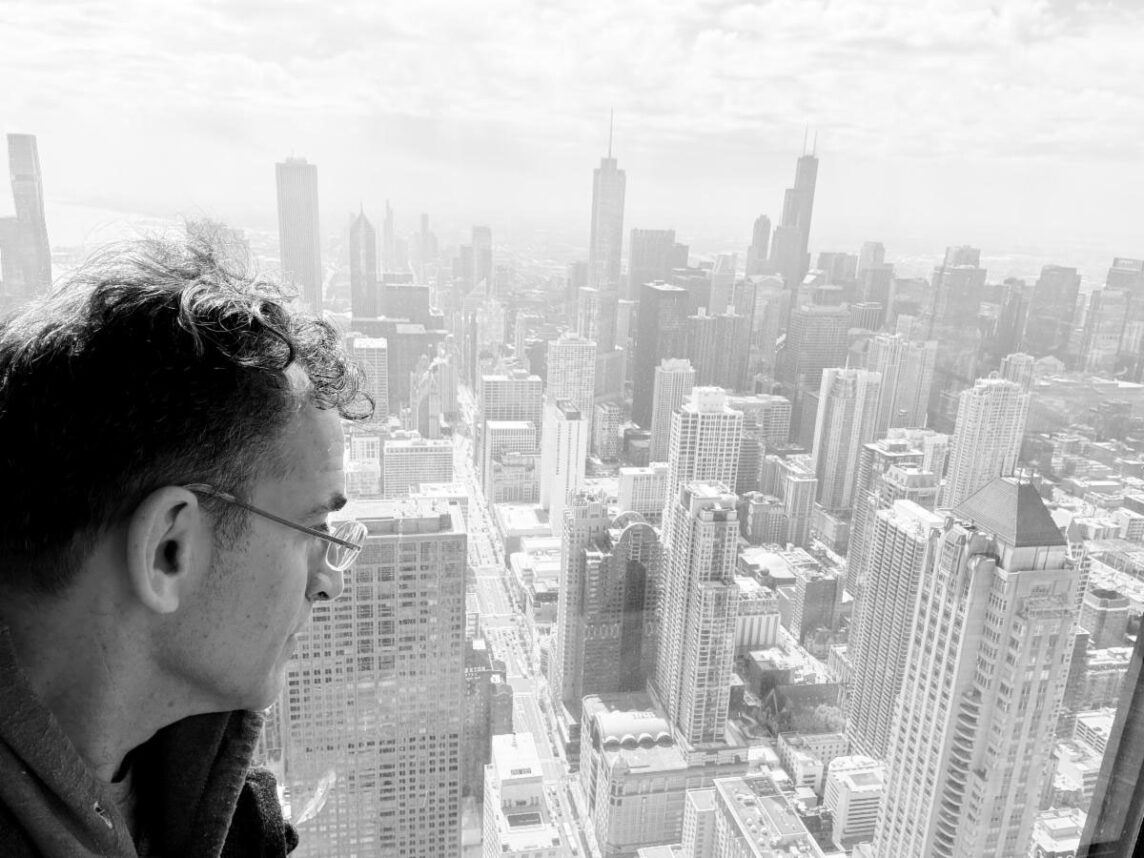
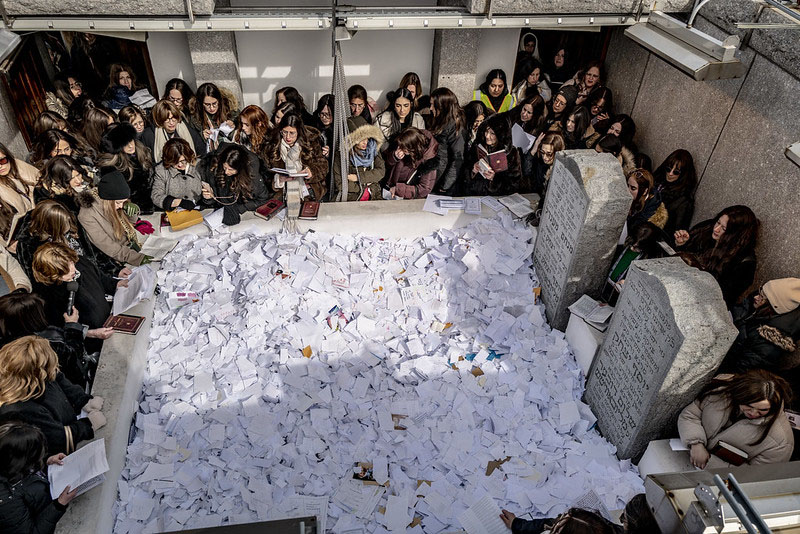
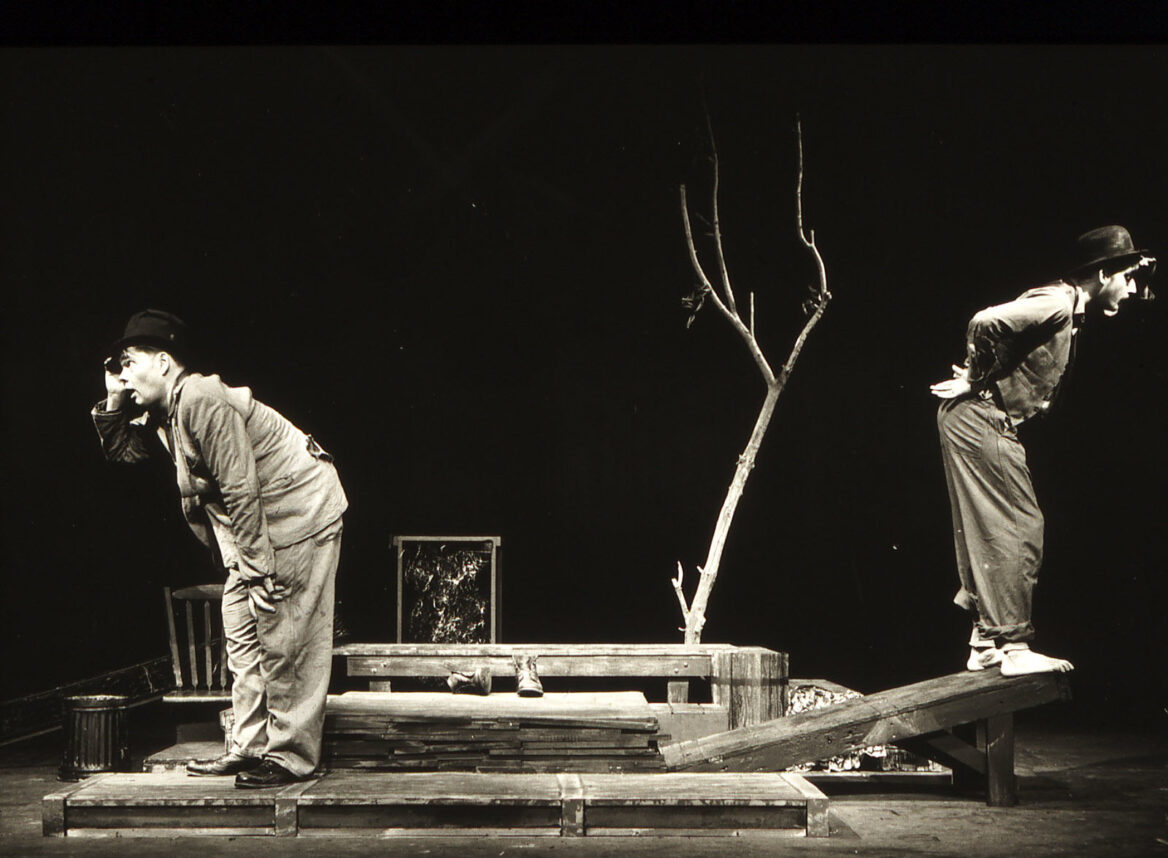







 More news and opinions than at a Shabbat dinner, right in your inbox.
More news and opinions than at a Shabbat dinner, right in your inbox.